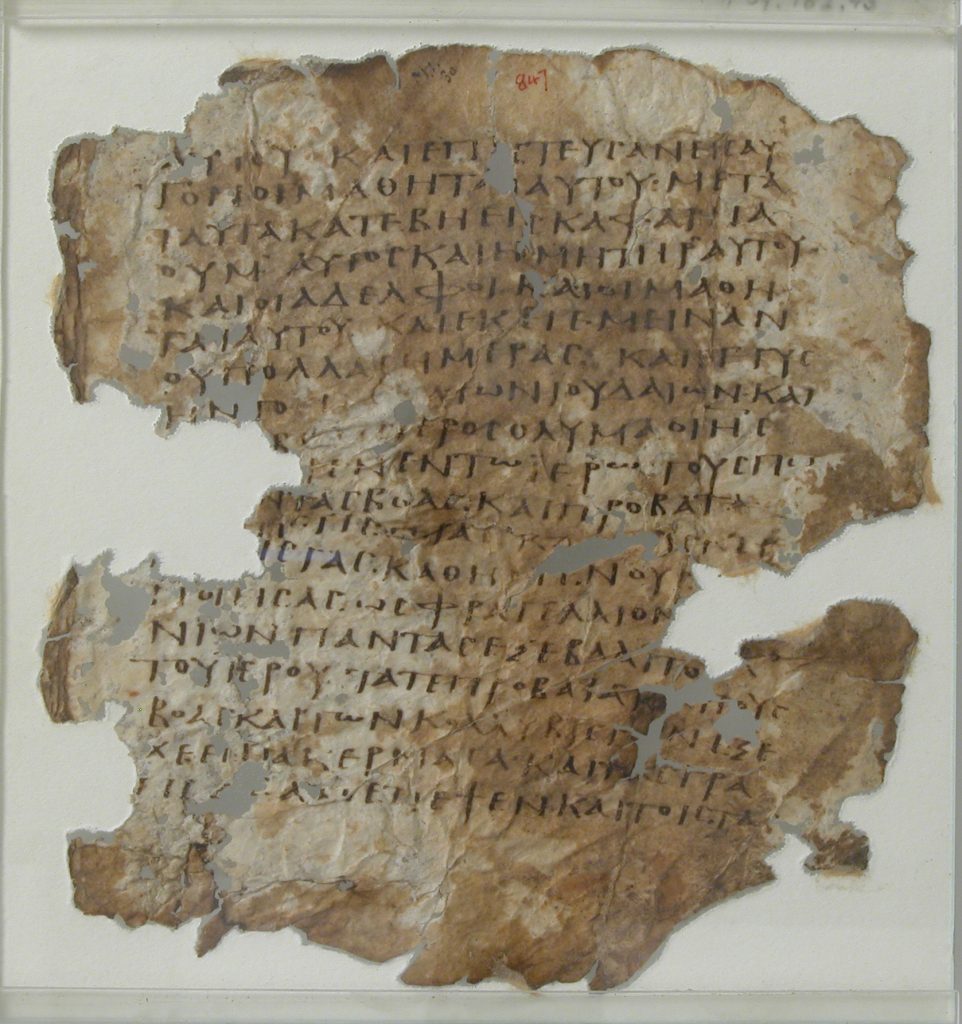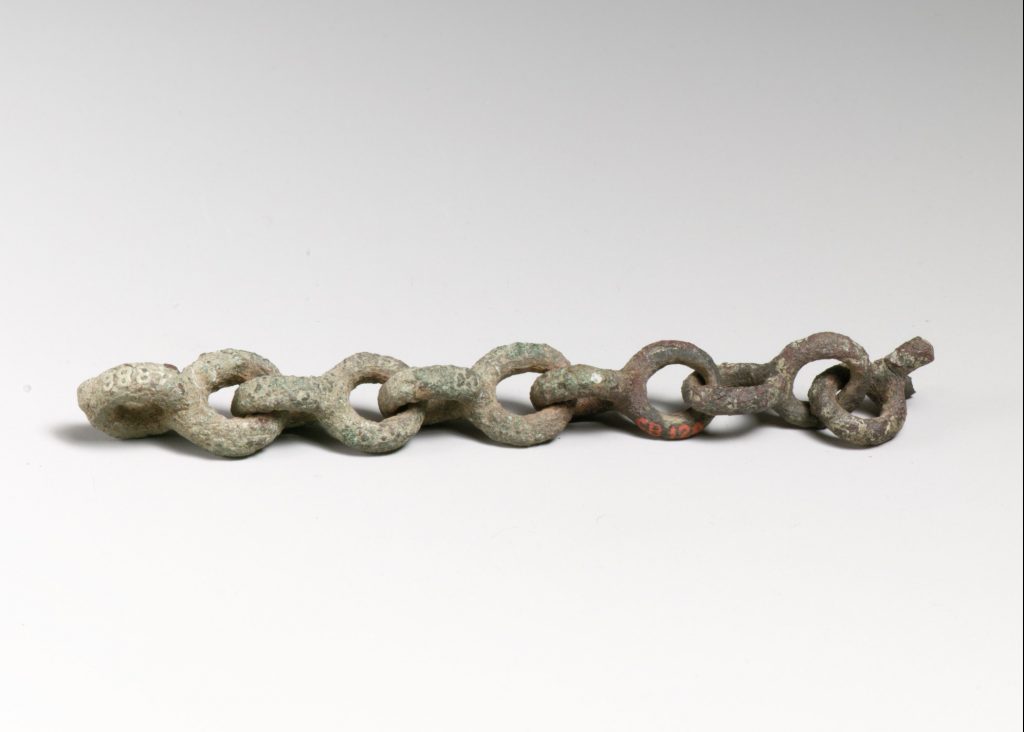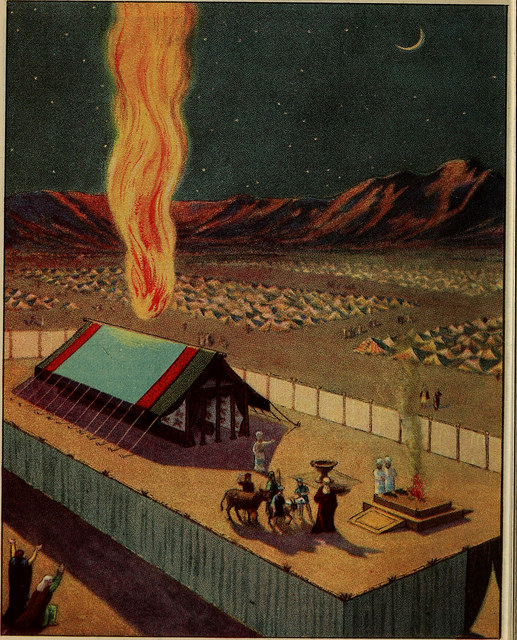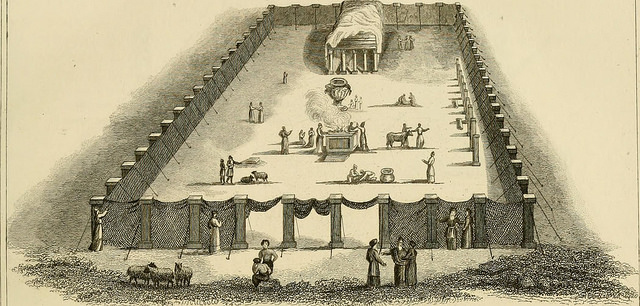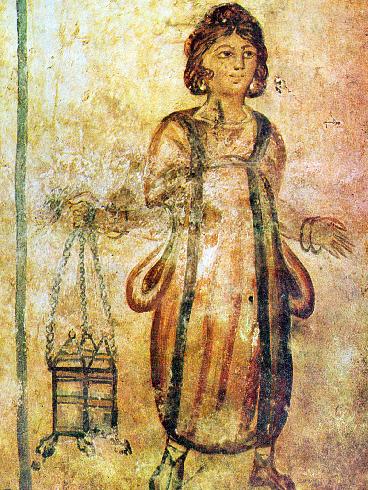Podcast: Play in new window | Download (Duration: 56:05 — 77.7MB) | Embed
Subscribe: Apple Podcasts | More

Henry Varley
(Image in the Public Domain)
Sacrifice
The Bible spends a great deal of time talking about something we now refer to as the Tabernacle in the Wilderness. It is really one of the most fascinating topics in Scripture. Some of you know that it was designed by God and built by Moses and the Israelites to be a place where God could dwell among His people (Exodus 25:8). Now, this episode does not feature a discussion on the Tabernacle; for that you can check here and here. However, I want to point out, briefly, that according to God’s instructions, just past the entrance to the outer court of the Tabernacle complex, was placed the Brazen Altar. It was at this altar that the various sacrifices of the people were brought. This was where the payment for sin was offered. Now, I bring that up to say that in God’s Plan, forgiveness of sin is only the beginning. ALL of the rest of the Tabernacle, a type and shadow of, among other things, the life of the Christian, lies ahead. When you accept Christ into your life as your sin bearer, as your sin offering, you’ve only really only just started your journey. Jesus characterized it as being “born again”. That’s something you hear a lot in evangelical churches; don’t you? They talk a lot about the “born again experience”. The church world is geared toward bringing the sinner to the altar but fails to take them past it. The saved are left in spiritual infancy…standing around the altar, never venturing out too far. We actively teach and emphasize and focus on, for example, the first 11 chapters of Romans but for some reason we don’t, then, move on to chapter 12. Yes, the glory of Christ’s work on our behalf is in full view for three-quarters of Paul’s Christian manifesto and it’s magnificent, glorious, wonderful…but Paul never intended us to stop there. Through those opening chapters he highlights marvelous things like receiving righteousness of God by Faith (Romans 3:22) and how Christ died for the ungodly (Romans 5:6) and how we now have life in Christ and that we are free from the law of sin and death (Romans 8:2). On and on it goes regarding our Salvation. Many of you are quite familiar with most of that. Those verses are heard regularly on Sundays and we praise God for them…but there is actually more. Once Paul has those things out of the way…once he feels we get it, he says:
(Romans 12:1) I beseech you therefore, brethren, by the mercies of God, that ye present your bodies a living sacrifice, holy, acceptable unto God, which is your reasonable service.
In this lesson we talk about what comes next. We lay out the “why” of Salvation. You’ve heard plenty about the “how” and “who” but not so much about the “why”. There is more to our lives than waiting around for the Rapture. You were born for a reason and it’s not limited to the pursuit of a ticket to heaven. God wants us to offer ourselves for His purposes and for His pleasure and He makes that clear throughout His Word. So, take a moment to pray for the assistance of God’s Spirit of Truth. Ask God to open up eternal things. Pray that He will guide you to a better understanding of your place in His Kingdom. Once you’ve done so, press the “Play Button” and listen in as we teach on this most important topic out of God’s Word.



